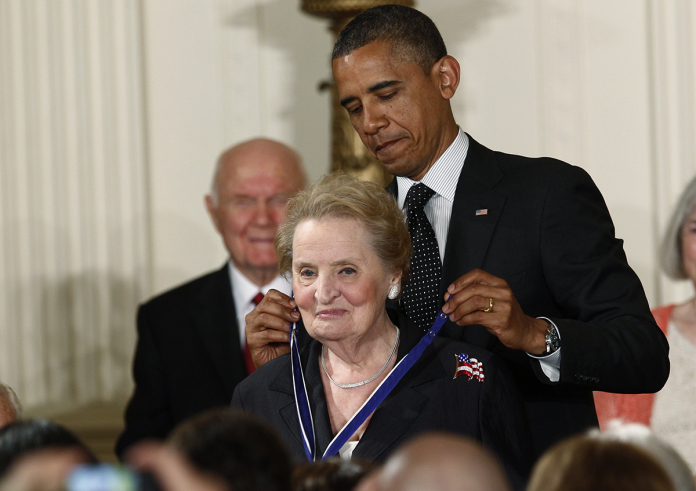UNRWA announced in a statement on 10 May that over 100,000 Palestinians have been forcibly displaced from Gaza’s southernmost city of Rafah due to intense Israeli bombardment.
“As Israeli Forces bombardment intensifies in Rafah, forced displacement continues. UNRWA estimates around 110,000 people have now fled Rafah looking for safety. But nowhere is safe in the Gaza Strip and living conditions are atrocious. The only hope is an immediate ceasefire,” the UNRWA statement read.
Israel forces seized the Rafah border crossing on the morning of 7 May. Since then, overpopulated Rafah – which has been under bombardment for weeks – has witnessed a significant intensification of Israeli airstrikes.
“Israeli helicopters and military vehicles opened fire at the central and eastern areas of Rafah concurrently with artillery shelling” on Friday, Palestinian news agency WAFA reported. On Thursday evening, several bodies were taken out of the rubble of a civilian home bombarded by Israeli artillery that day.
Scores of people have attempted to flee the city since Israel’s operation began. The US State Department confirmed recently that it did not receive any detailed Israeli plan to safely evacuate Rafah’s population.
US President Joe Biden warned this week that the flow of US weapons to Israel could be interrupted if Tel Aviv chooses to expand the Rafah operation into a full-blown assault, doubling down on repeated US warnings in recent months.
Despite the fact that a full-scale operation has yet to be launched, dozens of civilians, including children, have been killed in Rafah as a result of the increased bombardment. Israel has vowed to continue with the Rafah operation, hindering efforts for a truce and prisoner exchange agreement with Hamas.
The resistance group recently accepted an updated Egyptian proposal, which Israel finds unacceptable given its calls for a cessation of hostilities and withdrawal of troops from the strip, the main terms which Hamas has refused to back down from.
The UN warned of a severe lack of humanitarian aid coming into Gaza on Wednesday due to ongoing operations at the Rafah crossing.
“We’re not receiving any aid, the [Rafah] crossing area has ongoing military operations and is an active war zone,” Scott Anderson from UNRWA said.
Anderson’s statement came despite Israel’s announcement that it reopened the Kerem Shalom crossing into Gaza. According to the UN, it has been too dangerous for aid workers to cross to the other side of the Kerem Shalom crossing to process the deliveries.
Israeli settlers have also blocked roads near Kerem Shalom in order to hinder aid efforts, a practice that has been ongoing since the start of the war.
Israel’s National Security Minister Itamar Ben Gvir was quoted by Hebrew media on Friday as saying that he will request a vote at an upcoming security cabinet meeting to completely cancel the entry of aid to Palestinians through all of Gaza’s border crossings.

















